Launching a blog can be one of the most rewarding decisions you make. With blogging, you can share your passion, establish your thought leadership, and connect with like-minded individuals.
By dedicating time to creating valuable blog content, you not only engage with your audience but also enhance your skills, boost your confidence, and even open doors to new opportunities. Let’s explore the top ways in which a blog benefits you.
Disclaimer: If you buy any products through links on this site, I may earn a commission. But it doesn't make any difference to your cost, and it helps me keep this blog running. So you could always read my articles for free.
The benefits of blogging
Here’s how a blog benefits you in your life, work, or business. It enhances your creativity, boosts your online presence, and connects you with like-minded individuals.
Generate leads and sales
A blog plays a crucial role in generating leads and sales by attracting organic traffic and building trust with potential customers.
As per a Content Marketing Institute report, 60% of B2B marketers have generated leads in the past 12 months through the effective use of content marketing.
By consistently publishing helpful content, you attract readers actively searching for solutions.
For example, if you run a fitness business, writing posts like “5 best at-home workouts” can bring in health-conscious visitors.
You can also integrate lead capture forms using tools like HubSpot, Kit, or OptinMonster. This helps turn your visitors into email subscribers and leads.
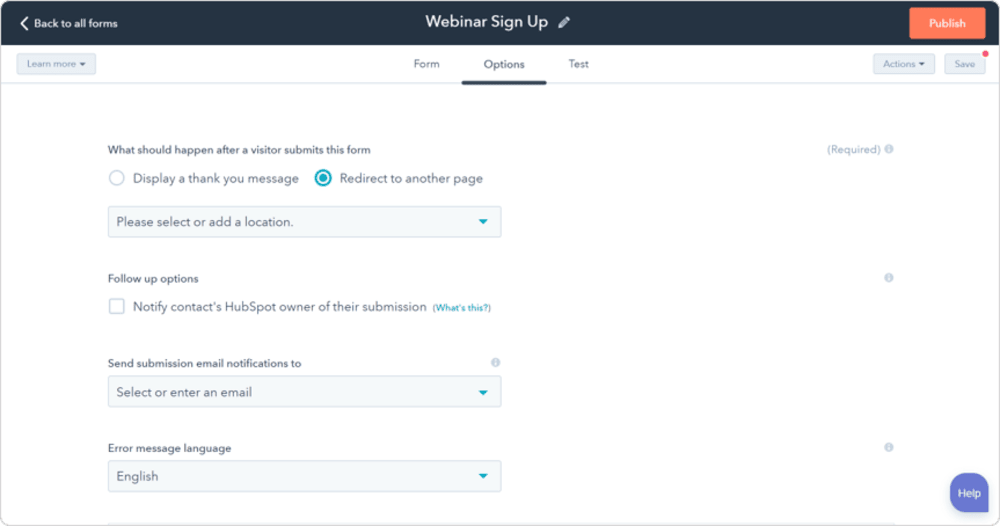
With well-crafted blog posts, you’ll not only drive engagement but also convert visitors into paying customers.
Build thought leadership
For beginners, thought leadership means becoming a go-to source for valuable insights in your industry. As per a Semrush research report, it is all about providing inspirational and well-researched content that educates your audience.
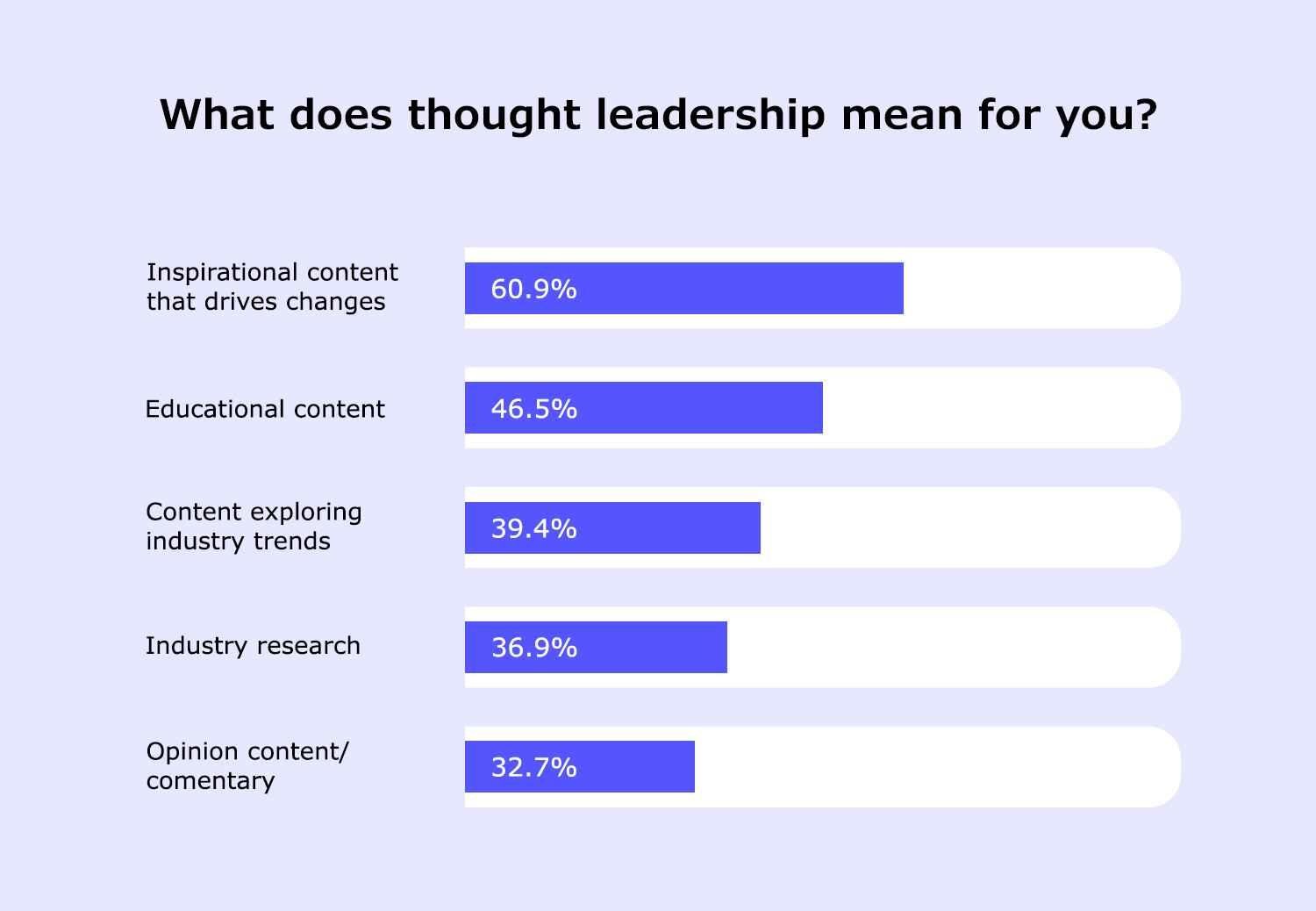
A blog helps you build thought leadership by showcasing expertise, earning trust, and setting your brand apart from competitors.
By addressing emerging trends or complex topics, like AI’s role in marketing, you can position yourself as an authority.
For instance, Alison Green uses her blog ‘Ask a Manager’ to break down management strategies, attracting millions of readers monthly.
To establish thought leadership, publish data-driven insights, case studies, and original research.
Thought leadership doesn’t happen overnight, but with consistent blogging, you’ll earn trust, influence opinions, and attract high-value opportunities.
Build an engaged audience
Audience engagement means more than just views—it’s about getting readers to interact with your brand through comments, shares, and feedback.
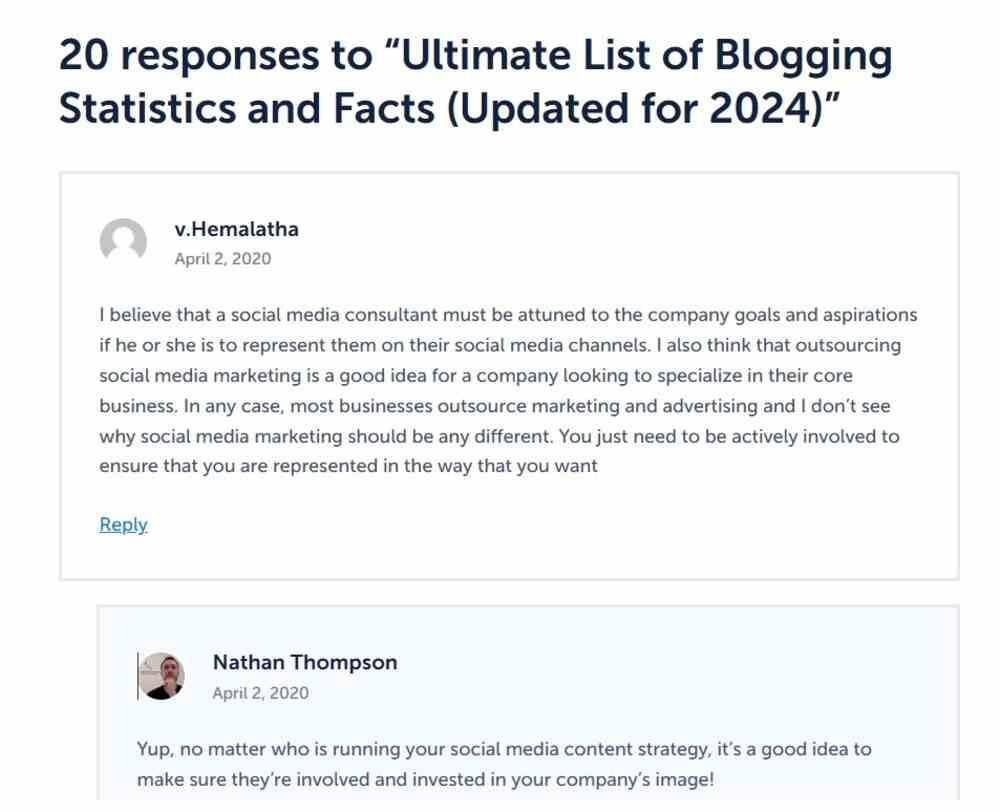
Another benefit of blogging is that a blog sparks conversations, solves problems, and builds a sense of community. You can use interactive elements on your blog, like polls or quizzes, similar to what BuzzFeed does, to keep readers involved.
When you create posts that answer common questions, such as “how to start a side hustle, you spark interest. With consistent efforts, you’ll foster a loyal audience that stays connected with your brand.
Boost SEO
Billions of people use search engines like Google on a daily basis. And you want them to be able to find your business or personal brand.
SEO (Search Engine Optimization) means optimizing content so it ranks higher on Google, driving more organic traffic to your site.
When you consistently publish blog posts targeting relevant keywords, you increase your chances of ranking.
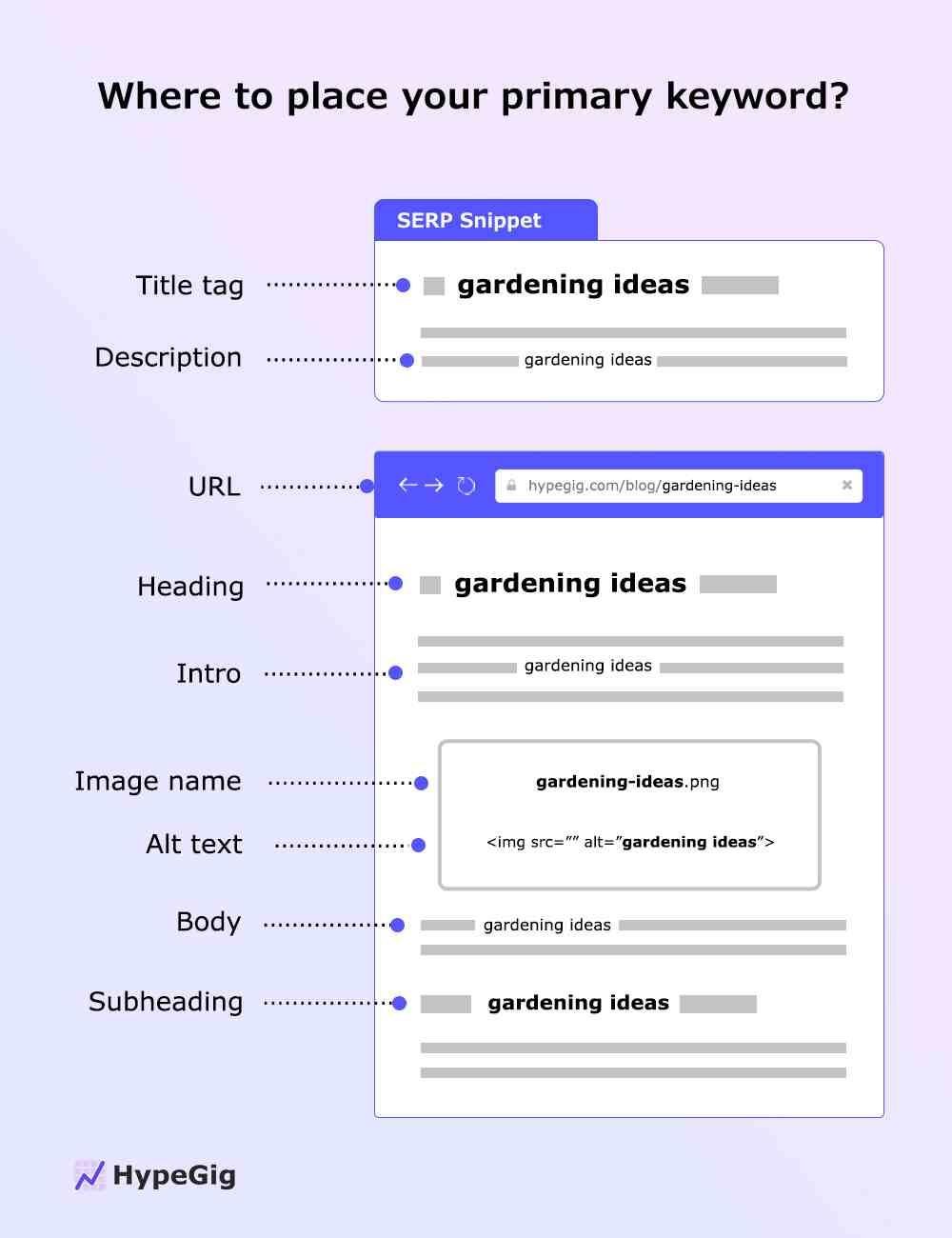
You can use tools like Google Keyword Planner or the free keyword generator to find high-ranking search terms. Then, incorporate on-page SEO practices such as using headings, meta descriptions, and internal links.
Educate your market
Educating your audience involves offering content that helps them understand your product or industry better, building trust along the way.
Another one of the crucial benefits of blogging is that a blog plays an essential role in educating your target market by providing valuable information, addressing pain points, and guiding customers through buying decisions.
For example, if you sell accounting software, publishing a post like “how to automate invoices in easy steps” helps potential customers see the value of your solution.
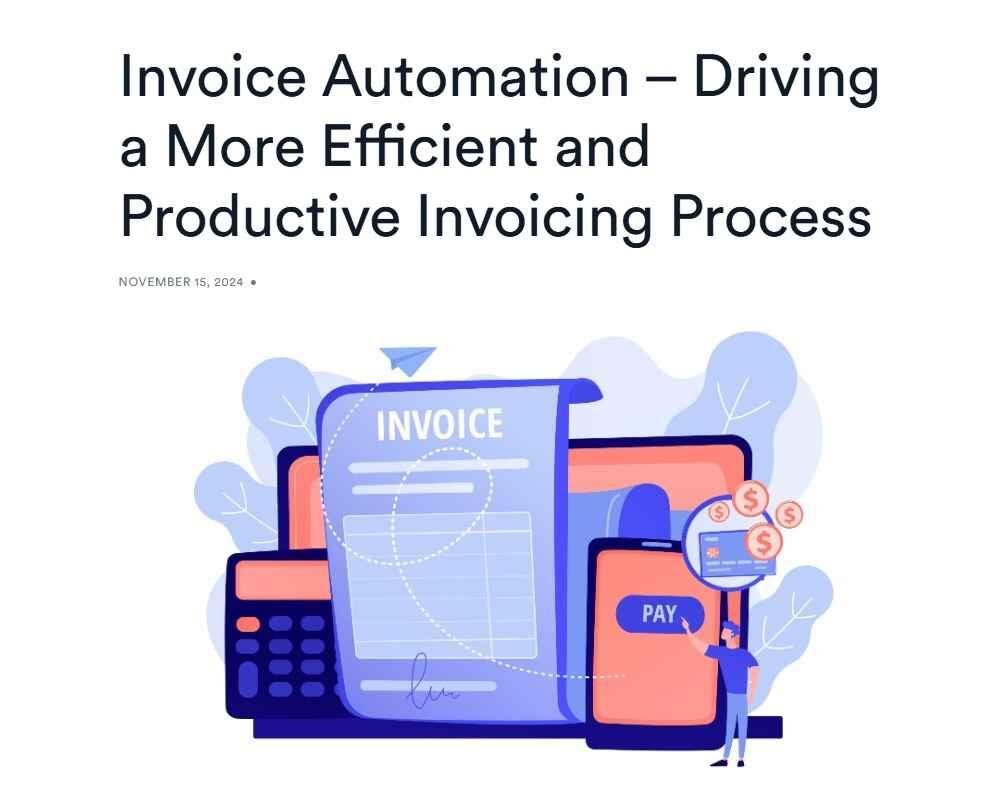
Break complex topics into step-by-step tutorials and include actionable CTAs like “Download our Free Trial.”
By consistently offering educational content, you empower your audience, helping them make informed decisions and strengthening your brand’s credibility.
Fuel your marketing channels
A blog plays a vital role in providing content for your marketing and distribution channels by serving as a hub of valuable information that you can repurpose across platforms.
It’s a content engine that feeds your social media, email campaigns, and paid ads.
For example, a blog post like “Top 10 marketing trends in 2024” can be turned into social media snippets, a newsletter, or even a video script.
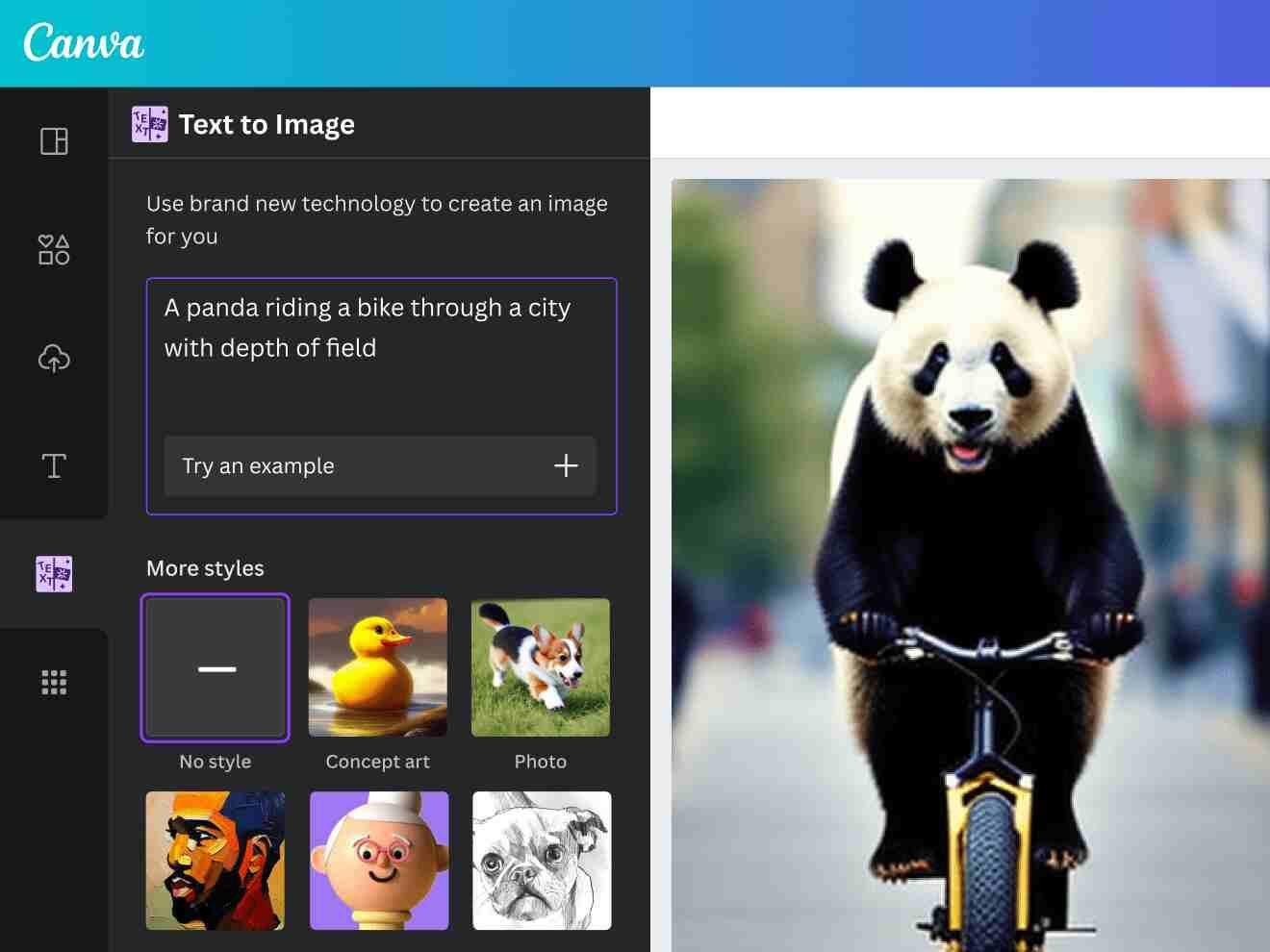
Tools like Canva let you create eye-catching visuals from blog content, while Buffer or Hootsuite helps schedule and distribute posts across platforms.
Land your dream job
Blogging benefits you by helping you land your dream job by showcasing your expertise, passion, and personal brand. Consider your blog as a dynamic portfolio that goes beyond a resume.
By consistently writing about your industry, you demonstrate knowledge and a commitment to your field.
For example, if you’re aiming for a marketing job, publishing posts like “How to boost engagement with social media ads” shows your understanding of key strategies.
You can include your blog link on your LinkedIn profile and resume. Share posts on social media to increase visibility.
Writing insightful, relevant content positions you as a thought leader, making you stand out to potential employers and helping you build connections in your desired industry.
Increase website traffic
Blogging plays a crucial role in increasing website traffic by attracting organic visitors through valuable content. It pulls in readers searching for answers online.
Each blog post you work on creates a new opportunity to rank on Google. This is why blog content is important for your website. For example, if you run a travel site, writing posts like “Top 10 places to visit in Europe” can target relevant keywords.
With consistent, optimized blogging, you’ll not only attract new visitors but also keep them engaged with your website.
Build your brand
Blogging plays a vital role in building your brand identity by communicating your values, voice, and expertise to your audience. It impacts how people perceive your business, including its personality and promise.
You can use your blog to define your brand’s tone and message. For example, Patagonia’s blog focuses on sustainability stories, reinforcing its eco-conscious identity.
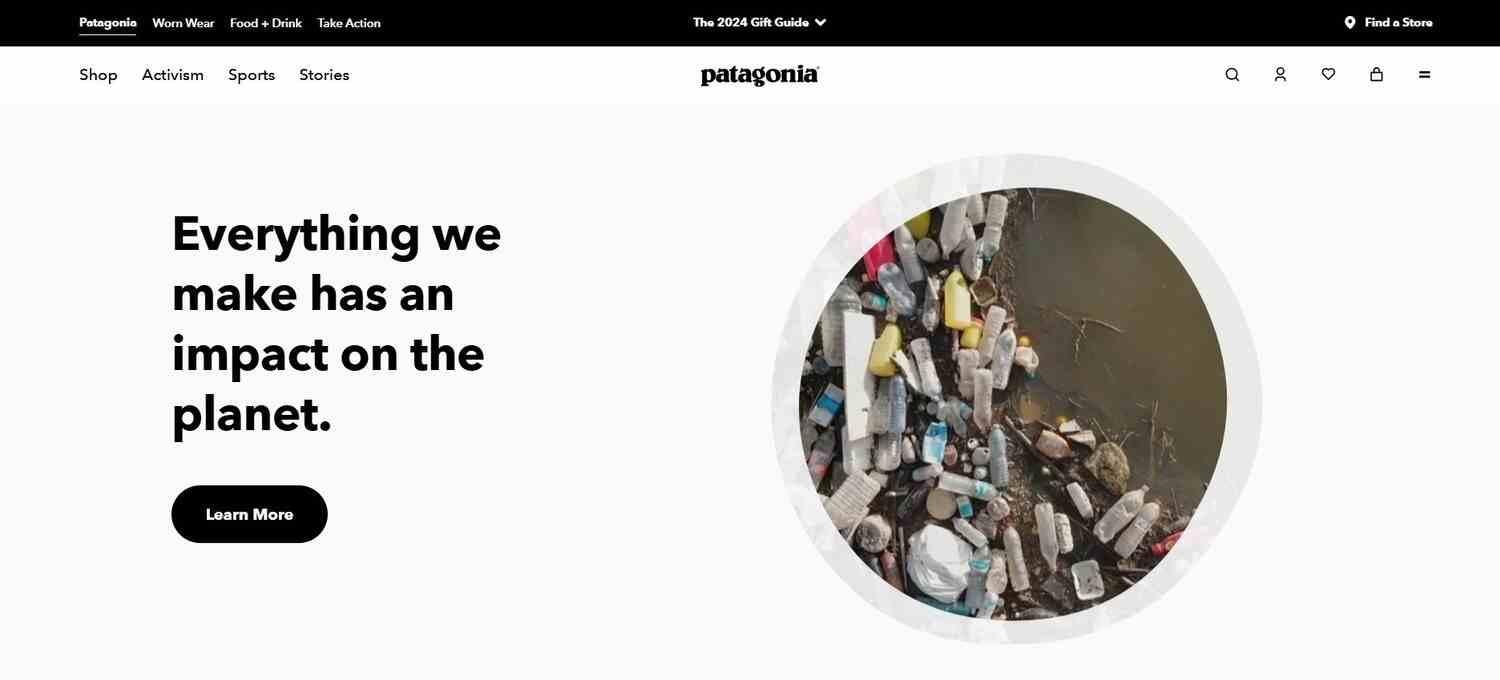
You can do the same by publishing posts aligned with your brand values. If you’re building a fitness brand, you an write blog posts like “Why mindfulness matters in training” to reflect a holistic approach.
Consistent blogging helps shape public perception, making your brand recognizable and trustworthy.
Share recent developments
Think of your blog as a digital bulletin board that highlights offers and important news. A blog plays a key role in sharing new deals, updates, and announcements by providing a centralized space where your audience can stay informed.
For example, e-commerce sites like Shopify use blogs to announce sales, new features, and product launches. You can do the same by publishing posts such as “Flash sale: 30% off this weekend”
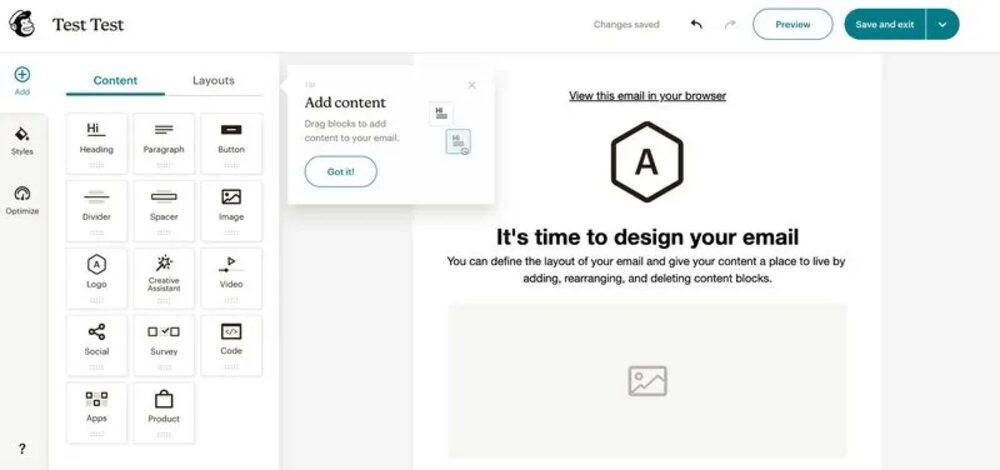
Additionally, tools like Mailchimp let you integrate blog updates into newsletters. Regular updates through your blog keep customers engaged, driving more traffic and encouraging timely purchases.
Extra sources of income
One more crucial benefit of blogging is that a blog can be a useful channel for generating extra income by creating multiple revenue streams through various monetization strategies.
One way to monetize your blog is through affiliate marketing, where you promote other companies’ products and get paid for each sale.
For example, if you run a travel blog, partnering with sites like Amazon Associates to recommend travel gear can be lucrative.
Additionally, consider selling digital products like ebooks or online courses related to your niche. Platforms like Teachable or Gumroad can help you create and sell these products easily.
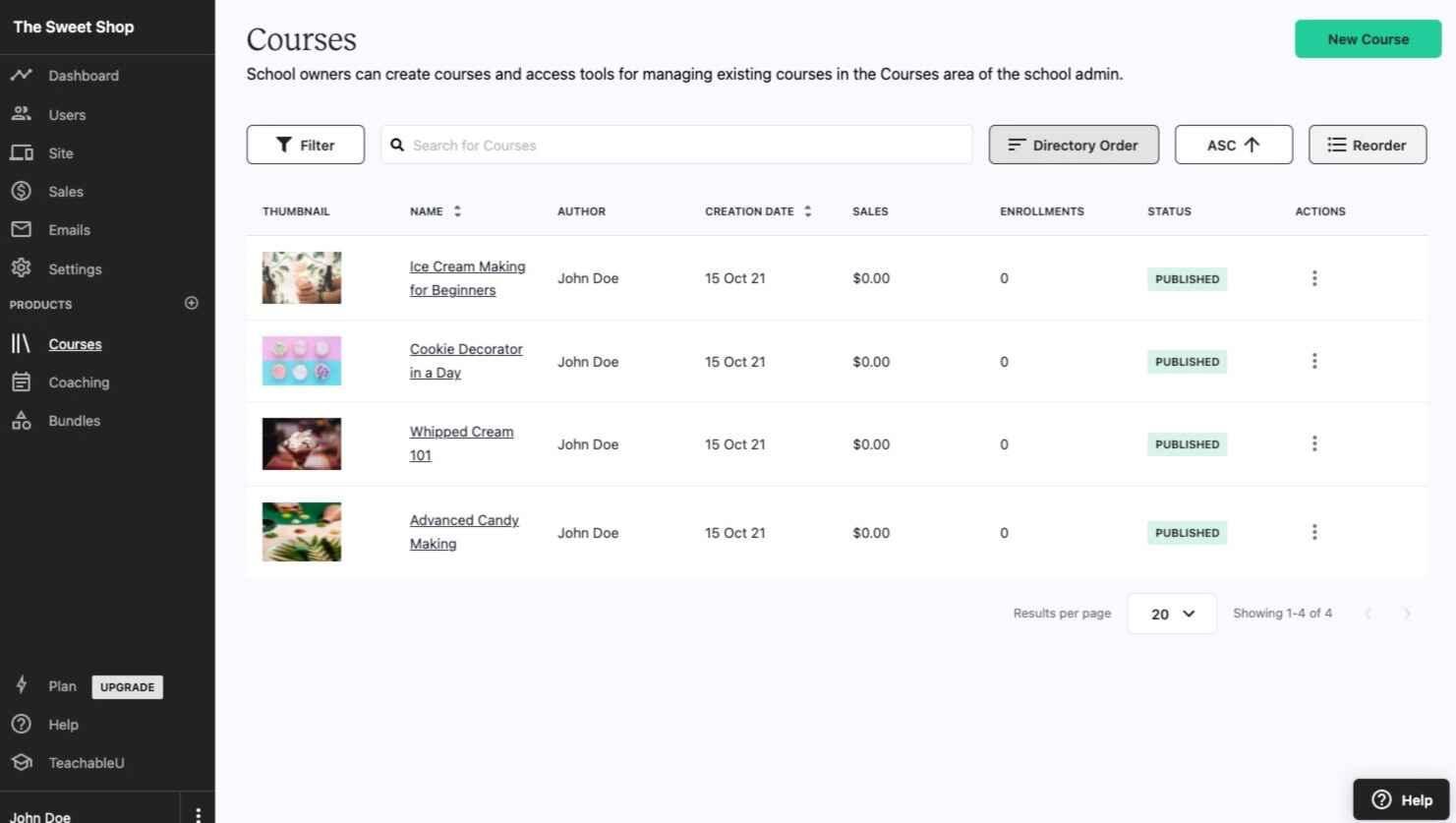
Sponsored posts are another option; brands may pay you to feature their products. With strategic planning, your blog can become a significant income source.
Get new collaboration opportunities
Partnerships can enhance your brand reach and open doors to new opportunities. A blog is a great way to generate partnerships. It showcases your expertise and attracts like-minded individuals and businesses.
You can attract potential partners by creating high-quality content that resonates with your target audience. For example, if you run a food-related blog, collaborating with local restaurants or food brands can create mutual benefits.
You can share these partnerships through guest posts or co-hosted events to expand your audience.
You can also promote partnership opportunities on your blog with a dedicated page outlining collaboration ideas. Plus, you get to engage with other like-minded bloggers in your niche by commenting on their posts and sharing their content.
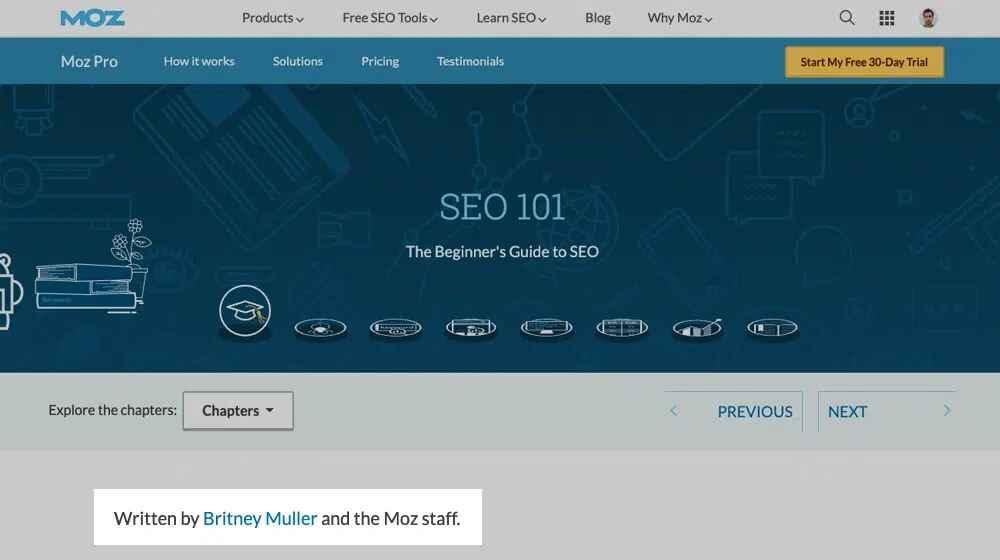
By actively seeking and nurturing these connections, you can build valuable partnerships that enhance your brand.
Conclusion: benefits of blogging
The advantages of blogging extend far beyond just writing. You cultivate a platform for self-expression, create a community around your interests, and enhance your professional skills.
By embracing the blogging journey, you invest in yourself and pave the way for personal and professional growth. So, why wait? Start building your blog today and unleash the potential that awaits you!
Did I miss any benefits of blogging? Did you try these tips? Do you have any questions or comments? Share your thoughts below in the comments section.




